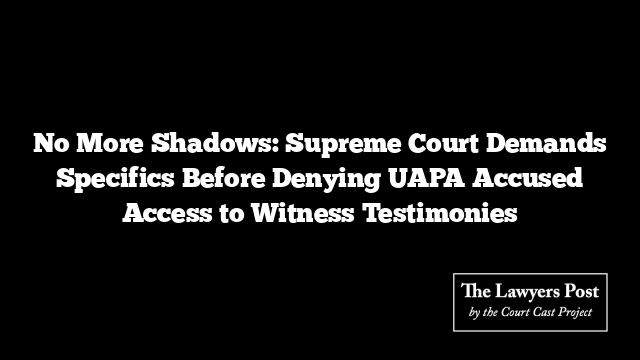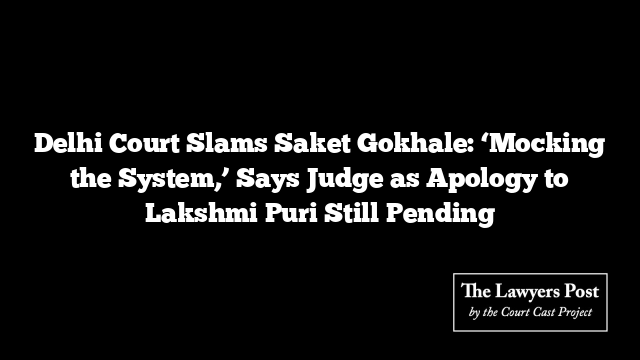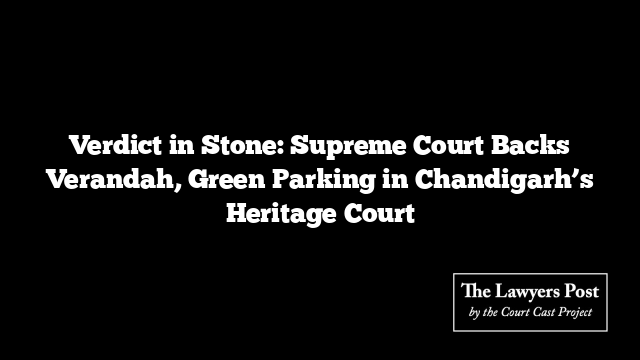In a decision that strikes at the heart of due process, the Supreme Court has ruled that courts cannot impose sweeping secrecy over witness statements in Unlawful Activities (Prevention) Act (UAPA) trials without carefully assessing the individual risks to each witness. Simply put, there’s no room for blanket bans when the stakes include a fair trial.
The ruling came in a case where an accused, charged under anti-terror laws and investigated by the National Investigation Agency (NIA), was denied access to statements from 15 prosecution witnesses. A Special Court had cited threats to their safety, invoking provisions from both the UAPA and the NIA Act to justify concealing their identities and testimonies. The High Court upheld this decision, even after those witnesses had testified.
But the Supreme Court was having none of it.
Sitting on the bench, Justices Abhay S. Oka and Ujjal Bhuyan pulled apart the logic of the lower courts. Yes, they acknowledged, witness protection is essential. But protection cannot mean erasure. If the defence is to be denied critical material like witness statements, the court must first conduct a detailed, case-by-case threat analysis and explain its reasoning. Mere apprehension or a generic plea from the prosecution won’t do.
The Court emphasized that Section 44(2) of the UAPA (mirroring Section 17(2) of the NIA Act) must be used with surgical precision, not broad strokes. Every request for protection must be accompanied by detailed justifications for each individual witness. Generalised fears or mechanical orders, the Court made clear, risk undermining the very structure of a fair trial — especially the right to cross-examination.
“It is not enough to record that a danger exists,” the Court said. “The judiciary must scrutinize the material, evaluate the security measures in place, and give reasons tailored to each witness’s situation.”
By refusing to accept a one-size-fits-all approach to witness anonymity, the Court effectively reminded the system that the rights of the accused remain foundational — even in cases involving allegations of terrorism.
Accordingly, the Supreme Court set aside both the Special Court’s and the High Court’s orders. The NIA has now been given eight weeks to return with a fresh, detailed application — one that doesn’t dodge the hard questions.





